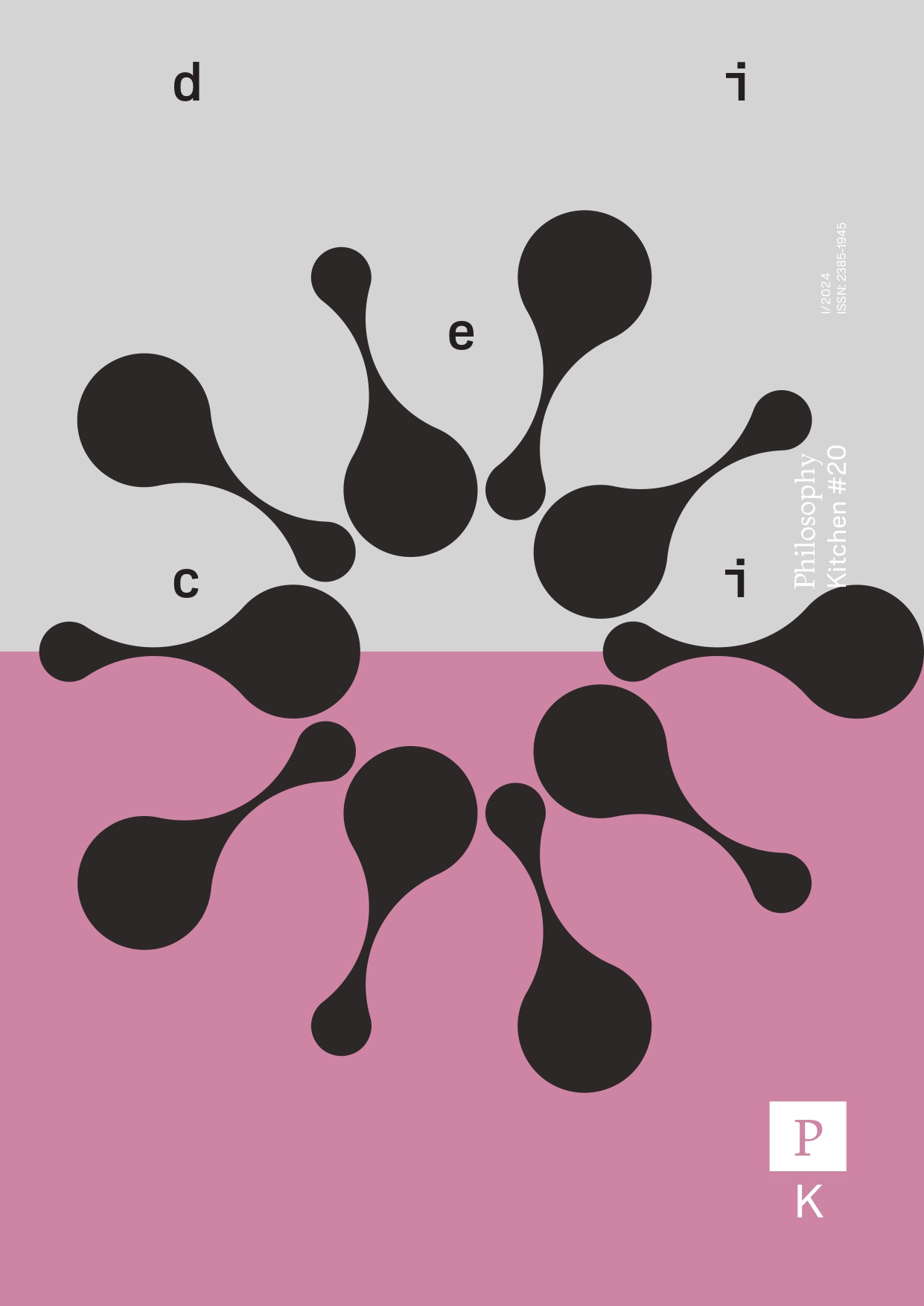Ludwig Wittgenstein
DOI:
https://doi.org/10.13135/2385-1945/10880Abstract
What philosophy can still constitute a resource for the study of the phenomenon with uncertain contours that is called, without any real agreement ever being found on its definition, ‘literature’? How to construct a relationship between ‘philosophy’ and ‘literature’ that is neither a hermeneutic or institutional power struggle, nor a naive coupling? How can we imagine a fruitful epistemological relationship that does not fall into the blind alleys of the vain entanglement between - on the one hand - a philosophical discourse that is too sure of mastering exclusive procedures for the manifestation of truth or of being in possession of a privileged knowledge of the conditions of thought and - on the other - a fetishised literary territory sure of its own value, its own exceptionalism and irreducibility, even though bad faith with respect to the processes of constitution of the values it promotes and promises, blindness with respect to its real or presumed effects and hypocrisy with respect to its own material conditions of existence are evident? A possible answer to these questions can be found in Wittgenstein's work.






